As we head into September, I’m excited to begin the classical series we’re presenting at St. Andrews United Church starting with pianist David Potvin on September 13. The series will present four other acts throughout 2024 and 2025. Let’s talk about classical music for a minute.
Every now and then, I like to ask the question, "does classical music matter anymore?"; I think somehow we’ve learned that, while we may not enjoy classical music personally, it is important to respect it without question. And plenty of us, most likely in the years when we were still discovering what we enjoy for music, would answer the enquiry of "what kind of music do you like"; with the answer: "a little bit of everything, classical music even." We enjoy maintaining a respect for classical, yet many of us (and there's no shame) would be hard struck to describe what we love about a certain piece of classical music when confronted with it. And that's really quite okay. In matter of fact, classical music in all its forms is constantly around us. You likely know a Max Richter piece from one of the films he did a soundtrack for, heard of John Cage's album of silence, or can still hear the melody when I write, "drink milk love life." I would even argue that Ennio Morricone with his iconic spaghetti western soundtracks was classical and everyone of us reading this can hear the wail that comes from The Good, The Bad, and the Ugly.
Classical music demands such respect because, unlike pop or alternative music (which is no point against them), it doesn't have to prove itself to us to be worthwhile. If pop music is the peacock working for your attention, classical is the Harpy Eagle. It's size makes it naturally unavoidable (the Harpy's claws are longer than a grizzly bear), but its grace is incomparable. It’s also just been around a long time. But, classical also tells us when to cry in film, it guides us down our wedding aisles, and closes a funeral as the casket is walked out. Good classical music cushions our lives without us ever particularly noticing it's there. And in return, all it asks is that we continue creating it and allowing it to grow.
Our classical series is aiming to show just that—that classical music is still alive, still changing. Whether it’s David Potvin’s piano or Payadora that brings tango into the classical world. Or, whether it’s the work of the Obsidiana Duo bringing Ibero-American composers to prominence or the Therrien-Go Duo reimagining traditional work’s relationship to modern times. This series is meant to remind us that our world and lives are more beautiful with classical music in them.
I feel grateful to live in a world where classical music continues to be reimagined. Where Glenn Gould’s Goldberg Variations continue to be rerecorded. Where Chopin's Nocturnes continue to articulate the darkest moments of our lives. Where dinner is elevated to romance because of Ennio Morricone's Cinema Paradiso. And maybe you haven't heard any of these works, but I guarantee you: you have heard them, you just didn’t have a name to put to them (yet).
Finally, the series also has a great deal where you can see each show for $35 or grab all five for $125. I look forward to seeing you there.
All my best
Marshall Feit
Executive Director
